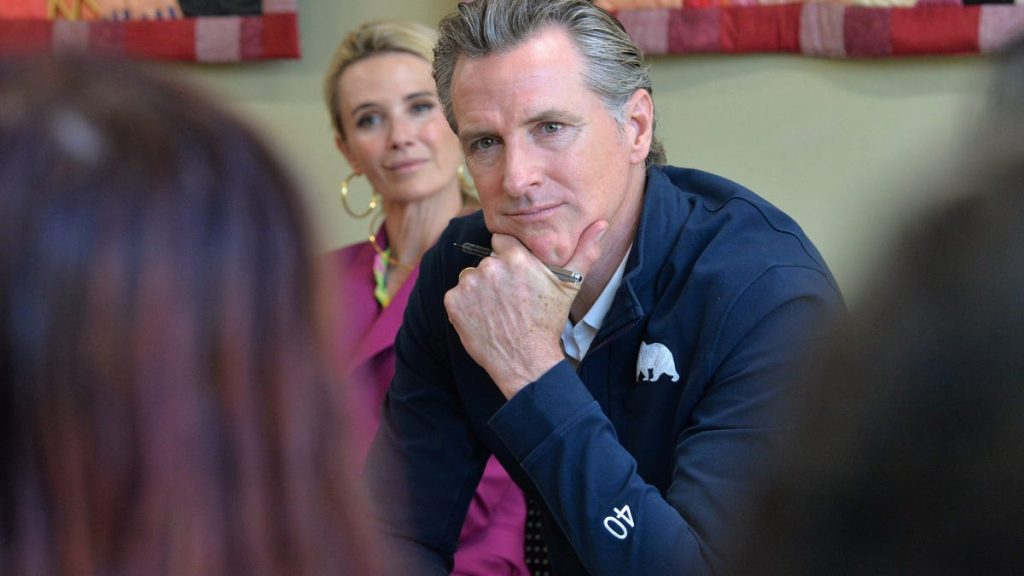Democratic Mayor Jacob Frey of Minneapolis points out that increasing wages does not benefit workers if they end up losing their jobs. Many California fast-food employees have seen their minimum wage increase to $20, following a law signed by Gov. Gavin Newsom. The law applies to fast-food chains with 60 or more locations nationwide. As a result, businesses in states and cities with high minimum wage mandates are turning to automation to reduce labor costs, resulting in job losses for many workers.
In a recent visit to the Minneapolis-Saint Paul airport, the author encountered self-serve kiosks instead of human cashiers at McDonald’s, highlighting the impact of increased minimum wages on the workforce. Chief economist Brian Wesbury notes that government-mandated wages distort the marketplace and lead to job losses as businesses seek alternative solutions such as automation. The increase in minimum wages in Minneapolis is already affecting industries such as ride-sharing, with Uber and Lyft planning to leave the city due to the unsustainable costs imposed on drivers. This demonstrates that high wages can have unintended consequences on employment and the availability of services.
California’s minimum wage increase has also had negative effects, with restaurants already planning layoffs and reductions in workforce hours. Governor Newsom attempted to provide exemptions for certain establishments, such as those making in-house bread, but the backlash forced businesses to comply with the new minimum wage law. This intervention in the private market by government officials has led to downsizing and price increases, impacting workers and consumers alike. Economist Wesbury highlights that inflated wages prevent inexperienced workers from entering the job market, limiting their opportunities for employment.
Vermont Senator Bernie Sanders has proposed a 32-hour workweek with the same pay and benefits as a 40-hour week, reflecting his socialist ideals of providing more benefits to workers. However, this policy would likely result in companies having to hire more workers or reducing productivity, ultimately leading to higher prices for consumers. Employers are facing increased regulatory burdens and minimum wage mandates that are dictating their business operations, with unintended consequences for the overall economy. The private sector functions best when government interference is minimized, allowing for natural market dynamics to drive employment and economic growth.
In conclusion, various cities and states are implementing higher minimum wage mandates that are impacting businesses and workers. The push for increased wages is leading to job losses and automation in industries such as fast food and ride-sharing. Government interventions in the labor market are creating challenges for employers, who are forced to make adjustments to remain viable. The private sector operates most effectively when left to market forces, rather than heavy-handed regulation that distorts business operations and limits job opportunities for workers. It is essential for policymakers to consider the long-term consequences of minimum wage hikes and other labor mandates to ensure a balanced and sustainable economy.


